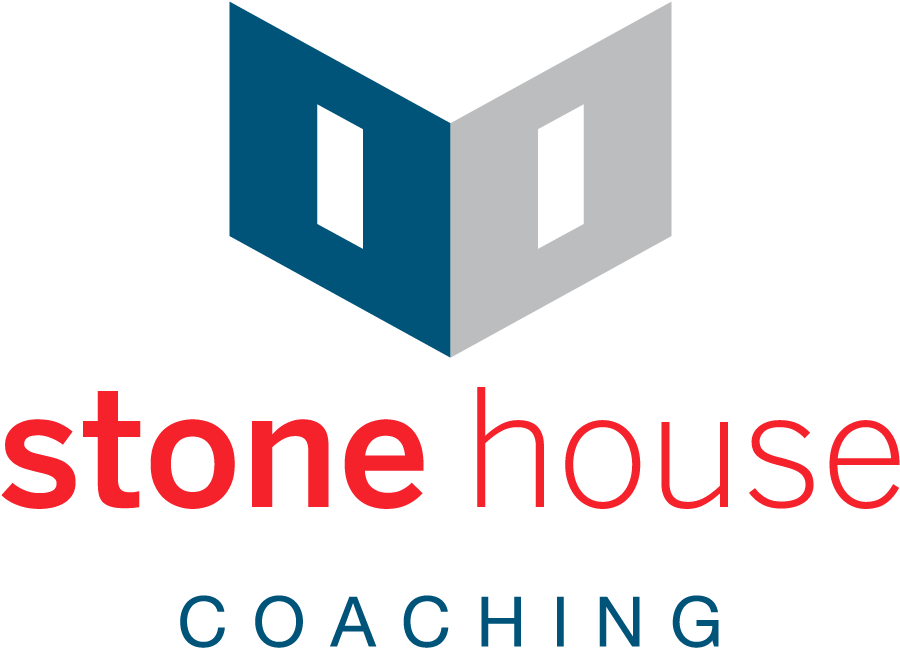You're Not As Self Aware As You Think You Are
Let’s start by being clear about what we mean when we say “self-aware.” As defined by The Oxford Dictionary, self-awareness is “conscious knowledge of one's own character, feelings, motives, and desires.” Psychology Today says, “Self-awareness involves monitoring our stress, thoughts, emotions, and beliefs. But I like the way Mark Manson, author of The Subtle Art of Not Giving a F*ck talks about it. Manson says there are 3 levels of awareness. I’ll clean up his language and summarize a bit for you here, but follow the link above to get his rated R (for language) 30-minute read.
What are you doing? Are you aware of how you spend your time? More importantly, are you choosing how you spend your time? Recognize how much of your day you spend on autopilot, mindlessly going through the motions. To achieve this basic level of self-awareness, you must inventory your actions and make conscious decisions about how to spend your time.
What are you feeling? Are you conscious of your emotions? For example, do you recognize your anger when you’re mad? If so, do you rename it something more suitable like frustration or disappointment? When you do recognize your emotion for what it is, can you assign it an appropriate meaning and choose how you respond to it? This level of self-awareness can be challenging because many of us have spent the majority of our adult lives either ignoring or mislabeling emotions. When you get into the business of examining emotions closely, be prepared for the proverbial floodgates to open. The good news is, on the other side of that work is a level of peace and clarity that allows you to function at a higher level.
What are your blind spots? Your blind spots are the things that you don’t know about yourself. Some of those things are obvious to everyone other than you. Some aren’t even visible to others. They’re hidden from view, but they’re still present. Let me be clear—the question isn’t, “Do I have blind spots?” You do. I do. Everyone does. You know how when you get a haircut or try on a new outfit in a store, there are mirrors there to help you see what your hair or your jeans look like from the back? That’s a blind spot you’re addressing. If you care about how your butt looks in those pants, shouldn’t you also care about the other hidden things that impact the way you are perceived by others?
Let’s talk more about blind spots: research tells us humans are terrible at assessing our abilities. The Dunning-Kruger Effect is essentially our tendency to think we know or can do more than we think we can. It’s the opposite of Imposter Syndrome. A classic example can be found in stadiums or couches all across the world as people watch sports. For me, that’s college baseball. Countless times I’ve been in the stands of Doak Park watching NC State Baseball and heard people scream their opinions about strikes and balls, or whether the coach made the right decision about how long to keep a pitcher on the mound. I’m not sure, but I’m guessing that most of them have never coached Division 1 baseball or suited up and stood behind the plate watching 90mph pitches. I am sure they weren’t standing behind the plate or in the dugout at that moment.
For leaders at work, it’s worse. You actually do have some expertise in some areas of the business you’re working in. That, plus the confidence that comes with your title, may lead you to believe that you are more capable than you are, more sure than you should be about the correct course of action. But there is good news—if you’re willing, you can reduce the size of your blindspots. We’ll dig into the details in next week’s article, but the first step, for now, is to pay attention to yourself over the next week. Ask yourself, “How am I spending my time, how am I feeling, and what am I missing?”
Carl Jung said, “Until you make the unconscious conscious, it will direct your life and you will call it fate.” And that’s the thing about walking around blissfully unaware of what you’re doing, and how it impacts your life and the lives of the people around you. It’s tempting to just shrug and say, “Well, that’s the way it is. We’re all flawed.” I won't dispute that we are all flawed, however, why wouldn't you learn and fix what you can? Perfection isn’t our goal, just improvement. If your actions impact the lives of 20, 200, or 2,000 other people, doesn’t it seem reasonable that improving by even 10% is worth the work involved in becoming more self-aware?

